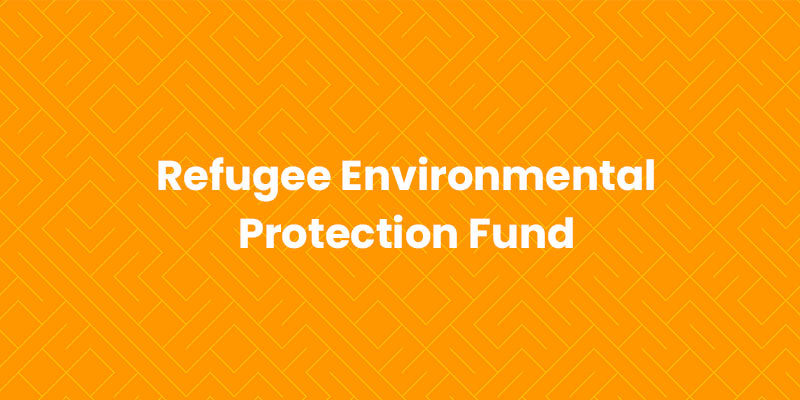- World
- Nov 14
UNHCR launches refugee-led green fund to restore land and cut carbon
• The UN refugee agency, UNHCR, launched the Refugee Environmental Protection (REP) Fund during COP30 in Belem, Brazil.
• It is the world’s first large-scale, refugee-driven carbon finance initiative.
• The Fund will support reforestation, cleaner cooking and green jobs that link environmental recovery with sustainable livelihoods and protection outcomes.
• Across refugee-hosting areas, almost 25 million trees are cut down each year for cooking fuel. This deforestation weakens soil, worsens floods and droughts and makes farming less productive.
• Women and children also walk farther to gather wood, often at personal risk.
• The REP Fund aims to reverse this trend by restoring forests, expanding cleaner energy and using carbon finance to support families working to rebuild the land they depend on.
How will it be implemented?
• The Refugee Environmental Protection (REP) Fund is a flagship innovative finance initiative under UNHCR’s Sustainable Responses Strategy.
• By mobilising carbon finance and impact investment, it integrates displaced populations into national systems and delivers combined environmental, livelihood and protection outcomes.
• It will start projects in Uganda and Rwanda, aiming over the next decade to restore more than 100,000 hectares of land and bring clean energy access to one million people.
• In Uganda, Africa’s largest refugee-hosting country, the REP Fund plans to restore around 6,000 hectares of degraded land across the Bidibidi and Kyangwali refugee settlements, engaging local cooperatives in seedling production and forest management, and introducing cleaner household energy solutions to reduce reliance on wood fuel.
• These efforts are expected to cut over 200,000 tonnes of CO2 annually, strengthen food and water systems, and create thousands of green jobs for refugees and members of the host community.
• In Rwanda’s Kigeme refugee camp, sitting within the Albertine Rift — one of Africa’s key biodiversity hotspots — the programme is expected to rehabilitate roughly 600–800 hectares of degraded hillsides and buffer zones, introduce cleaner, safer cooking solutions to more than 15,000 people, and create long-term green jobs in nursery management, soil conservation and household energy services.
• The environmental and social gains will be monitored and verified, tracking carbon reductions and biodiversity, soil, water and livelihood outcomes.
• Revenues from the sale of carbon credits will be transparently reinvested in community-driven projects, ensuring that refugees and host communities share in both the environmental and economic benefits, and that the Fund’s impact continues to grow over time.
• Refugees and host communities will lead implementation, gaining skills and employment in tree planting, nursery management and clean stove production.
• These projects will reduce smoke in homes, save time and restore soil and water systems while building local green economies and reducing protection risks linked to firewood collection and environmental degradation.
• Expansion is already being explored in Brazil and Bangladesh, linking environmental recovery with long-term community resilience.

